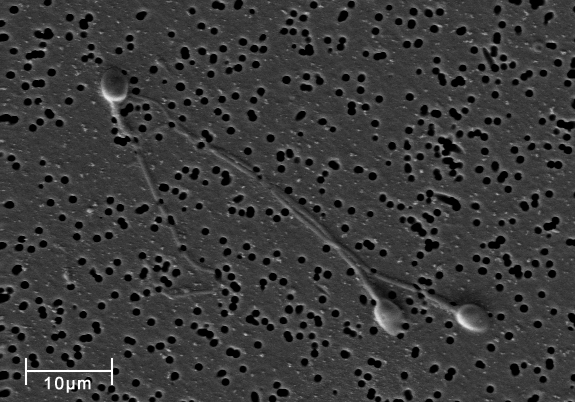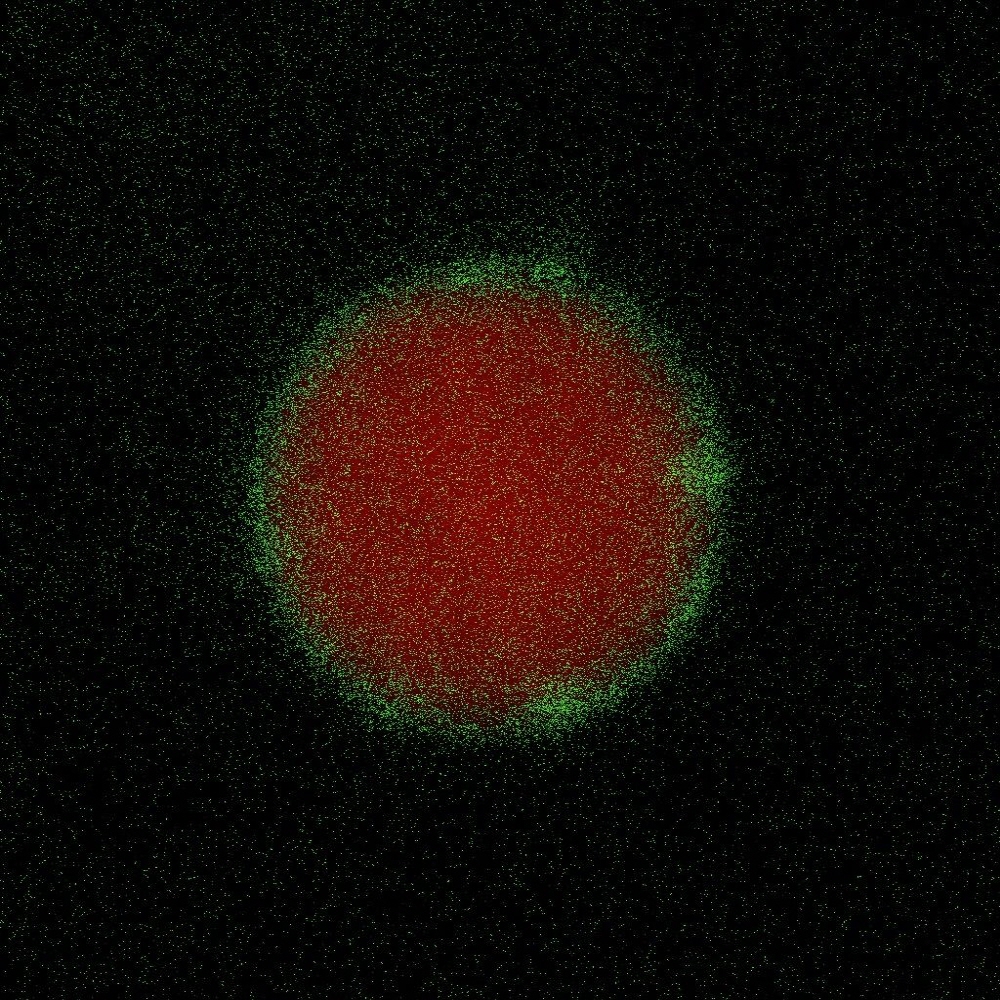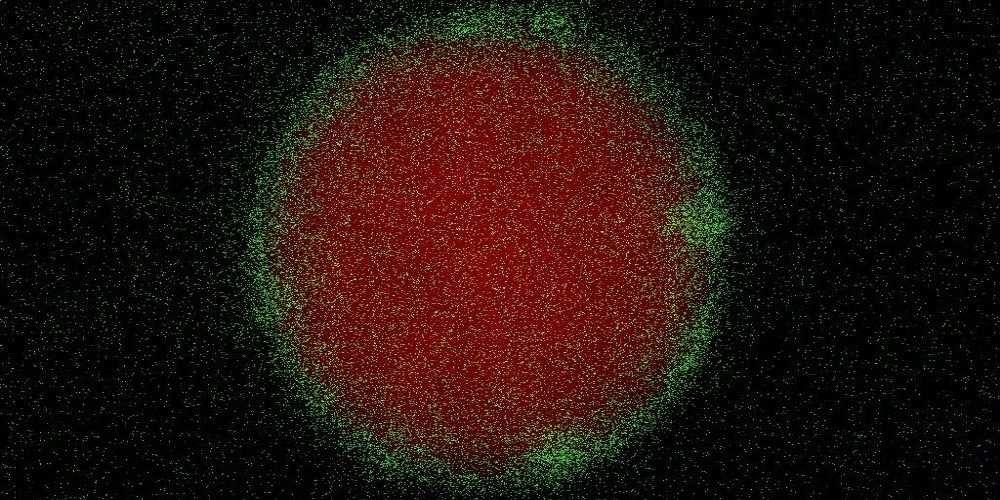
Male infertility is a surprisingly common occurrence in recent fertility treatments. The reason is that the number of sperm produced in the testicles is low or activity is weak. A research team at Seoul National University developed a method to improve sperm production by delivering nanoparticles containing specific proteins directly to the testis. This method is intended to relieve male infertility, and it is said that the effect was immediately shown as a result of an experiment with mice.
Testicles have a barrier structure called blood testis barrier (BTB) to protect immature sperm cells from harmful substances in the blood. However, if BTB is damaged for some reason, the sperm produced is reduced and fertility is reduced.
The research team initially considered genetically engineered treatment for this treatment, but judged that it was dangerous because it could cause undesirable changes in reproductive cells. Attempted to improve fertility by raising local PINI levels.

The research team built a system called Fibroplex in which PINI was incorporated into silk fibroin nanoparticles having a porous structure and coated with lipids. As a result of injecting this directly into the testicles of male mice infertile due to lack of PINI, it was observed that the testes that had reduced function recovered to their normal size and the amount of sperm produced was also increased.
Compared to healthy mice, the amount is still only 50%, but the mice that received treatment were not significantly affected by their fertility and were able to produce pups as much as those of healthy mice within 5 months.
This is the first time that protein was injected directly into the testicles to confirm improvement. However, there is no guarantee that humans will always work as a success case of experiments with mice. However, since it is an urgent problem for people undergoing infertility treatment in the future, it can be expected to be put into practical use as early as possible. Related information can be found here .


















Add comment